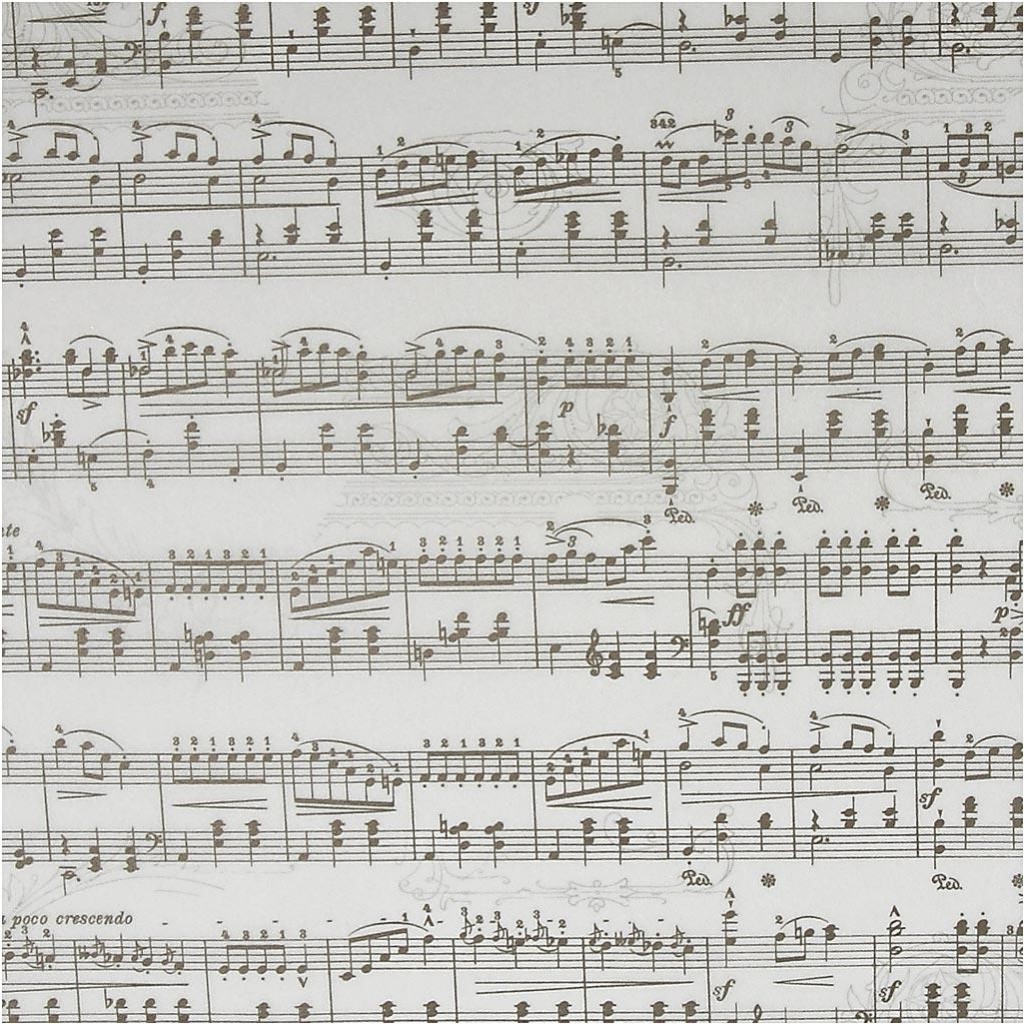I want to digress from therapy and write more about progress and perfection. For many years, I thought I had to earn God’s love, and that belief coupled with my perfectionism made for a bad combination. I’ve heard sermons over the years that speak of our works being a result of our love for God, our service for him, and the outpouring of his grace in our lives; it just didn’t make sense to me. If my works don’t earn God’s love, then why do them? All of my therapists – ACCFS, TK, and the one I’m seeing now – have taught me about God’s unconditional love, and through their teaching, therapy, and the lessons learned at TK, they’ve helped me work at changing the tape in my head to say, “God loves me. Nothing I do makes him love me more. Or less. Whatever I do is to thank him and glorify him.” Understanding that God desires a relationship with me and isn’t just waiting for me to mess up made all the difference. It’s not easy, and there are many days I fail, but I know I can come back to the open arms of my Father.
One time I did a word study on faith and works as laid out in James 2:18 – “Yea, a man may say, Thou hast faith, and I have works: shew me thy faith without thy works, and I will shew thee my faith by my works.” The definitions in the Strong’s Concordance for some of the key words were interesting.
- Faith (G4102 pistis) – moral conviction, especially reliance on Christ for salvation, assurance
- Works (G2041 ergon) – toil as an effort or occupation
- Without (G5565 choris) – separately or apart from
- By (G1537 ek) – denoting origin, from, out; often of completion.
So, if I wanted to rephrase the verse using these definitions, I could say, “Show me your reliance on Christ for salvation apart from your effort, and I will show you my reliance on Christ for salvation completed by my effort.” → our works come after our faith or as a result of our faith. Our works don’t save us. They don’t cause God to love us more or less. They are to be an outpouring of our thanksgiving to God for that salvation.
This is supported by Titus 3:4-8, Ephesians 2:8-10, and Philippians 2:12-13.
Titus 3:4-8 – “But after that the kindness and love of God our Savior toward man appeared, not by works of righteousness which we have done, but according to his mercy he saved us, by the washing of regeneration, and renewing of the Holy Ghost; which he shed on us abundantly through Jesus Christ our Savior; that being justified by his grace, we should be made heirs according to the hope of eternal life. This is a faithful saying, and these things I will that thou affirm constantly, that they which have believed in God might be careful to maintain good works. These things are good and profitable unto men.
⇒The word used for works here is the same word for toil/effort in James.
⇒This very clearly shows the order of truth – God loves, we have faith, we are justified by grace, we show his love and our thanks to him by our works.
Ephesians 2:8-10 – For by grace are ye saved through faith; and that not of yourselves: it is the gift of God: not of works, lest any man should boast. For we are his workmanship, created in Christ Jesus unto good works, which God hath before ordained that we should walk in them.
⇒The word used for works here is the same word for toil/effort in James.
⇒God chooses our works.
Philippians 2:12-13 – Wherefore, my beloved, as ye have always obeyed, not as in my presence only, but now much more in my absence, work out your own salvation with fear and trembling. For it is God which worketh in you both to will and to do of his good pleasure.
⇒Work out (G2716 katergazomai) – accomplish, finish, fashion, perform
⇒Worketh in (G1754 energeo) – to be active, efficient, be mighty in, show forth self, work effectually in.
⇒Our work is to accomplish something, and God’s work is mighty, efficient, showing himself.
This is getting kind of long, so I’ll stop here. Next time, I plan to write more about progress, sanctification, and rest.


Thanks for putting it this way. I needed to hear this again in your words. It encouraged me today.
All the people said, Amen! Relevant to this post, remember that Tuesday isn’t just Halloween, it’s 500 years since Luther nailed the 95 theses. Any amount of earning we try to do is a modern version of papal indulgences (gross over-simplification of Christian history, but point remains that man hasn’t changed. Praise God that He hasn’t either)